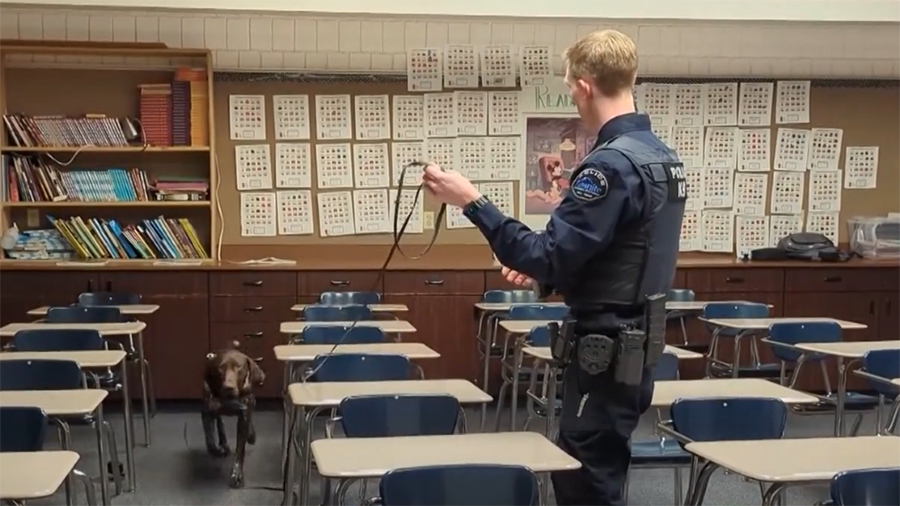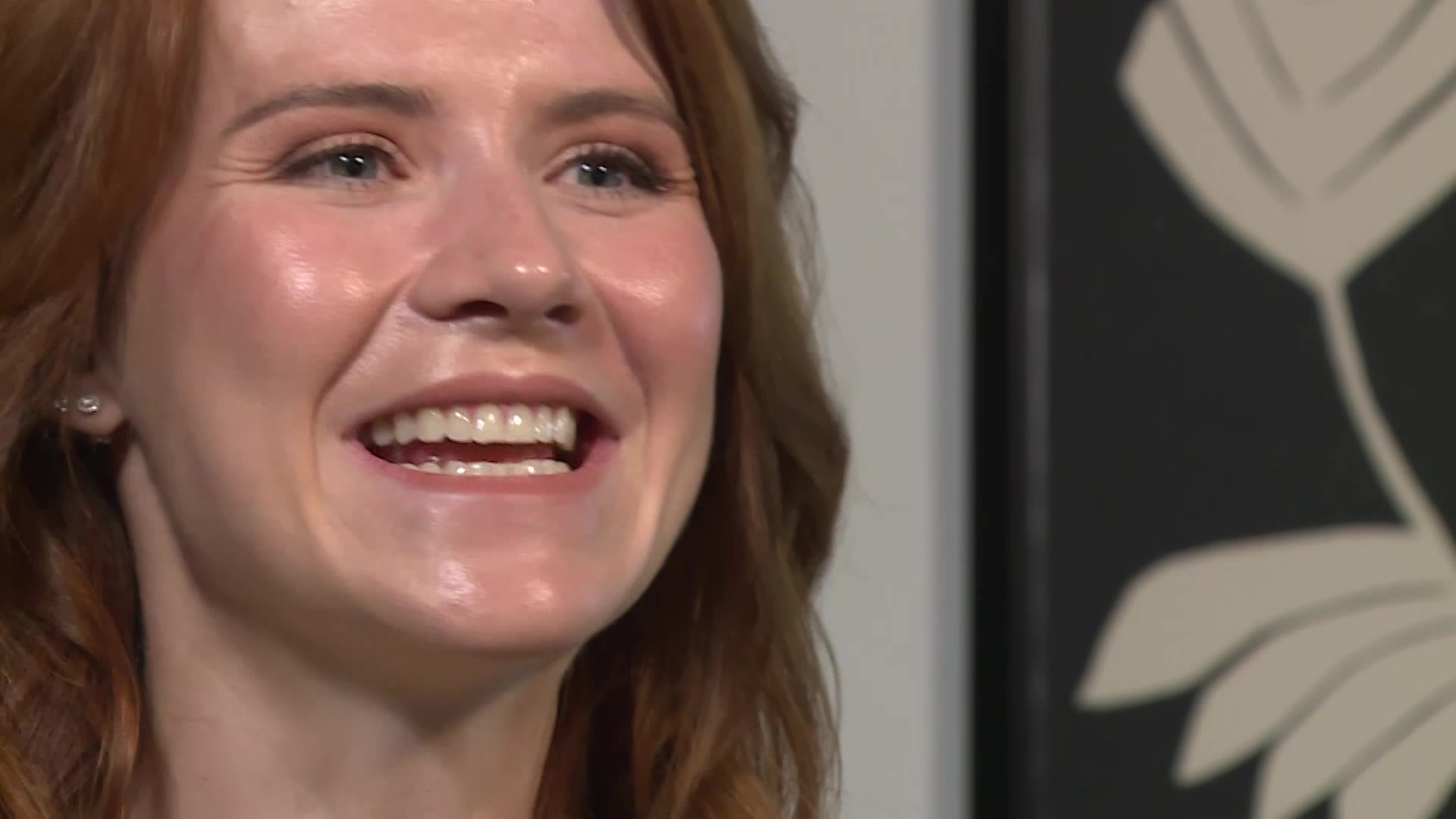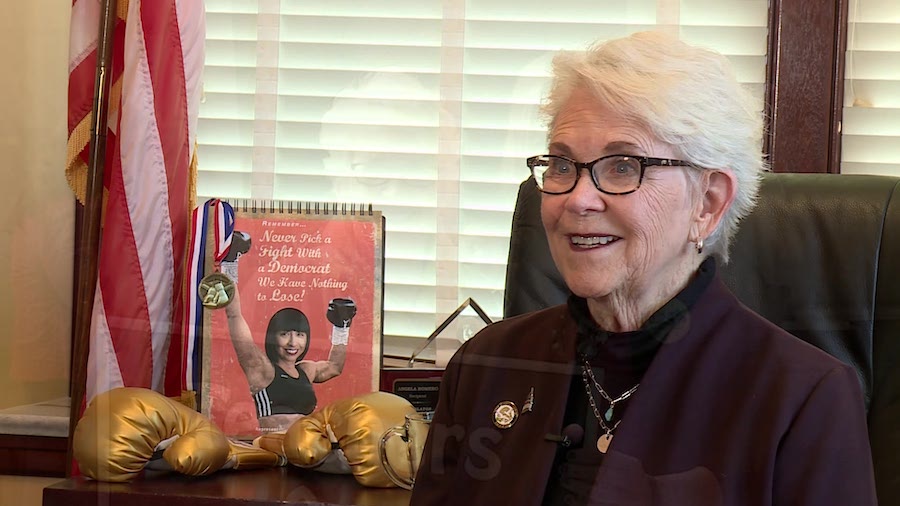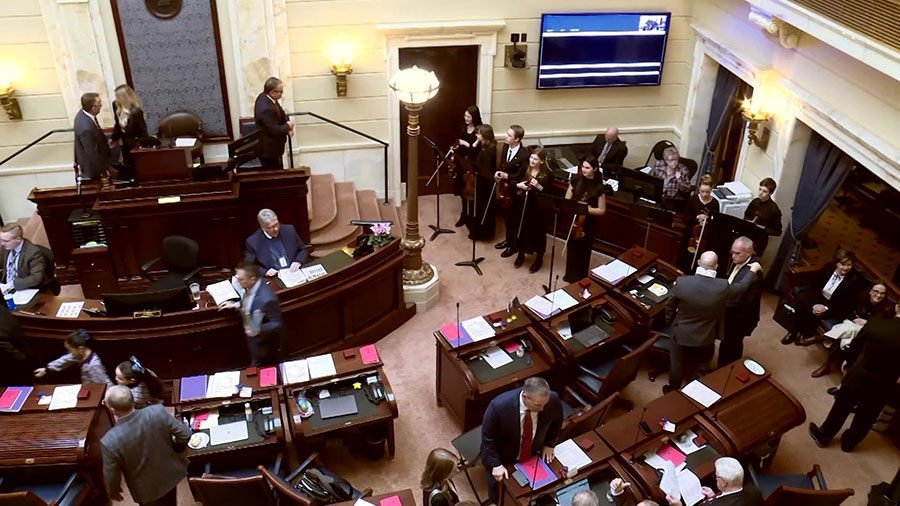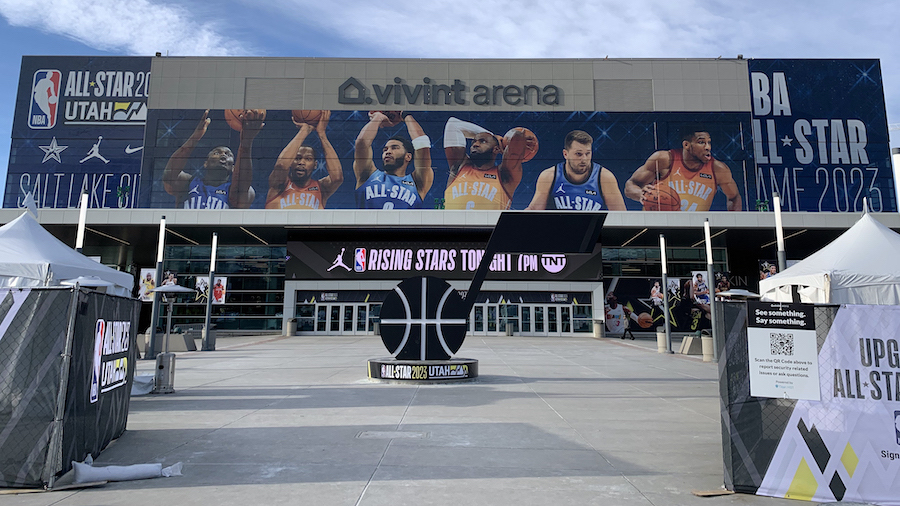KSL+: Gov. Speaks Out On Bill Banning Transgender Girls From Girls Sports
Mar 4, 2021, 7:00 PM
Matt Rascon, KSL+: Welcome to KSL+, where we break down important topics and stories so have the information you need. I’m Matt Rascon. The Utah legislative session is wrapping up–and we want to look deeper at one of the session’s most controversial bills. A bill that would ban transgender girls from competing on sports teams with other girls. It dosen’t address transgender boys playing with other boys. And it’s a conversation playing out across the country. The bill passed the house but ultimately died in the senate committee, after Governor Cox said he would not sign it as is. I spoke to Deseret News reporter Ashley Imlay. She’s been following this bill and helps us understand all sides.
Matt Rascon: Okay, so we’re talking about House Bill 302–Preserving Sports for Female Students is what it’s called. Talk about what’s in this bill.
Ashley Imlay, Deseret News: So this bill is to ban female athletes or transgender female athletes from playing on girls’ teams at public schools. And it would only affect transgender girls and not transgender boys.
Matt Rascon: It’s just for the K through 12.
Ashley Imlay: Yes, yes. So it really would just affect secondary education where there are school teams.
Matt Rascon: Can you talk about the what the bill sponsor that’s Kera Birkeland. What is she saying about them? Why was this bill introduced? And what is she hoping to accomplish here?
Ashley Imlay: Yeah, she is very passionate about the history of women’s sports. And the crux of this argument is, women weren’t really given opportunities to compete until the mid-20th century. And before that, it was just men and women have fought for their place in sports and their opportunities to compete.
Matt Rascon: Here’s Rep. Birkeland’s speech on the floor.
Utah Rep. Kera Birkeland: Thank you, Mr. Speaker. I am sure that this bill is something that most people have on their radar. I just want to take a quick moment and explain that women’s sports matter in Utah. They matter to me and they matter to every parent of young girls. And they matter to every athlete out there, trying their best. It used to be, when I was playing sports, that we played sports because it was fun. It was good fitness and health. That’s what I grew up being told what women’s sports is about. These days. women’s sports are about competition. They’re about scholarships. They’re about opportunities to excel and exceed. Currently in our state. There’s litigation, because we have women’s football, women who want to play football. But they were told they weren’t welcomed on the boy’s team. When they played on the boy’s team, they were mistreated. And they felt unwanted. They wanted to have a girl’s team that could play against the boys. They were told no. They wanted to create their own league where they could play. And they again, were told no, because it’s not safe for them. On the other hand, in Utah, we just recently saw a couple days ago in the headlines that we have girls wrestling, finally in Utah. These young women are thrilled for the opportunity to compete. And if you read the articles out there, the interesting part is that we talked about how it is safer now co-ed sports are harmful to our female athletes. So, here’s an opportunity to stand behind that to get behind the triumphs and the successes that we have made as females in the sports arena and to say, You matter and we want fairness for you not just in parts of your life, but in every aspect, including sports.
Ashley Imlay: There are some who feel that their places are being taken away by transgender women and girls. And there have been a few instances where there were transgender women who have won races or who have kind of dominated in their sports and, and so that’s led some cisgender–those born female–athletes to speak out against it, but then there are some who support them, transgender women being able to compete. Really passionate.
Matt Rascon: You said there’s actual instances in Utah?
Ashley Imlay: There are no transgender females who compete at Utah schools. We heard from some track runners at Southern Utah University who testified in the first committee hearing for it, who talked about running against a transgender woman from another school, an out of state. And they talked about how–one of the girls said that just from the start of the race, she knew that she didn’t have the chance and, and that her only chance of winning would be if this the transgender woman let her win. And so yeah, that was a really emotional hearing on both sides.
Matt Rascon: Then you have the other side. So I mean, it seems like it’s trying to even the playing field for women, and it’s in support of those who are born female to be able to compete on an even playing field. And on the other side, it sounds like it’s sort of discriminatory. Let’s talk about the argument against this.
Ashley Imlay: There are quite a few arguments against it. So, there is the argument that we’re only talking about transgender females, and it doesn’t affect transgender males–they still would be allowed to play on, like a boys football team under that bill. So just the fact that it’s targeting this small, small population. And then there is the argument that we already are in a mental health crisis and these kids are already going through a lot and having the opportunity to play on a team, to belong, could really help them. But there are no transgender athletes playing in Utah schools already. So there’s also the argument that it’s an issue that doesn’t even exist, it’s a culture where a bill to get ahead of the issue when it’s not even an issue. So that’s what the LGBTQ advocates say are some of their biggest arguments against the bill.
Matt Rascon: We spoke with Transgender activist Sue Robbins. Here’s what she had to say about the bill.
Sue Robbins, Equality Utah: I am happy to hear that it’s showing some thoughtfulness. Throughout this process, we have been reaching out and saying that this is moving fast, we had no input on the original bill. And we have basically been told that if we want to have an effect on it, it’ll go to the floor and it may get passed, but we can keep talking throughout the year. So the bill, and all the discussions around it have a lot of problems. And I think talking is important, and the governor pumping the brakes, I think will be a very good thing. And then we could sit down and bring sides together and talk because this has become this enormous amount of misinformation. And we should have concern for our girls, whether they are transgender or not, we should protect things for everybody, including our transgender girls. And this discussion has gone heavily down the road of comparing boys to girls and girls who are on a transgender path are girls, they’re not boys. So it is a poor comparison. Transgender girls go on puberty blockers. They go on hormone therapy. And we already have those policies in place. And we don’t have an issue. And that includes the Olympics, that has had this policy since 2004. And we’ve had zero transgender people get out of the trials, never mind being dominant. In the NCAA, they’ve had the policy for 10 years. One medal in Division II out of thousands of competitors. And this bill even covers kindergarten through 12th grade. Pre-pubescent kids are all the same. And we’re sitting here blocking them all in this and impacting our youth based on a broad fear. So I very much welcome this. I very much welcome discussion. I very much welcome calm, cool heads coming together and pulling the science together and looking at the reality of what’s already happening. And not creating fears for the future that we have years of data to show it doesn’t exist.
Matt Rascon: I even noticed that some other representatives we’re talking about how it goes beyond sports–that this would actually hurt the state. Are they talking about this?
Ashley Imlay: Utah plans on making a bid to host a future Olympics and, and those against this bill see that it could really hurt Utah’s chances and take us completely out of the running. Because transgender athletes have been allowed to compete in the Olympics. And the sports community is already trying to address the issue and looking into the science. And there is the fear that it will that it will prevent other tournaments from being held in the state. There are those from Silicon Slopes Commons–which is the kind of sister organization of Silicon Slopes–they’ve spoken out against it and said that it will really hurt companies in Utah with recruiting and it will prevent companies from choosing to move to Utah. And Salt Lake Chamber has also said they feel it should be left in the hands of athletic associations.
Matt Rascon: There’s that argument also that lawmakers should not even be the ones deciding the fate of these transgender athletes.
Ashley Imlay: Yeah, yeah. There’s also the concern that Utah will face heavy lawsuits from this. Idaho–which passed a similar bill last year– already seen lawsuits and unseen economic effects. According to those who are against the bill, they’re worried that Utah will go down that same path and that it’ll hurt the state’s reputation in the country.
Matt Rascon: Now, Governor, Spencer Cox has weighed in on this. And in the past, of course, he’s been looked at as an advocate for the LGBT community. And so I think that a lot of people were interested in “Okay, what’s he going to say about this?” Because in the house, you know, it seemed to be mostly along party lines, right. Republicans voting yes. Democrats now. What is Governor Spencer Cox saying about this bill?
Ashley Imlay: Yeah. So here’s something that really stood out to me what he said. He said, both sides are right, which really, I think illustrates how tough of an issue it is and how both sides are so passionate, and they’re both fighting for the same thing, which is fairness.
Matt Rascon: And the Governor says one of his biggest concerns is maligning a group that is already ostracized more than their peers.
Gov. Spencer Cox: These kids are … they’re just trying to stay alive. There’s a reason none of them are playing sports … I just think there’s a better way.
Matt Rascon: He kind of acknowledges, yeah, there are biological advantages with your birth gender. Women’s sports have had a disadvantage and that’s something that we need to make up for. But then on the other side, sympathizing with transgender students, who he says are just trying to stay alive. I think that was a big quote that stood out to me. And, pointed to that, there’s a reason why they’re not playing right now is because of kind of fear and discrimination, things like that.
In 2019, suicide was the leading cause of death for Utahns ages 10 to 17 and 18-24. Between 2017 and 2019, 414 teens died by suicide. Many advocates and mental health experts believe many of those teens were members of the LGBTQ community. Again, we want to mention, if you are having thoughts of suicide, there is support for you. The SafeUT app and the National Suicide Hotline–1-800-273-8255
Lawmakers in more than 20 states have introduced bills this year that would ban transgender girls from competing on girls’ sports teams in public high schools. Mississippi passed a bill almost identical to this one. Georgia is still debating it. For some that raises the question of so called “culture war bills” or “message bills.” According to the Associated Press, in almost every case, the bills’ sponsors cannot cite a single instance in their own state where this has caused problems. Proponents have said the bill is about being proactive — preventing possible problems in the future. Some point to a pair of runners in Connecticut. Between 2017 and 2019, two transgender sprinters won a combined 15 championship races, prompting a lawsuit. Supporters of transgender rights say the Connecticut case gets so much attention from conservatives because it’s the only example of its kind. They argue these bills address a threat that doesn’t exist.
Ashley Imlay: And then there’s another really interesting aspect–what’s the point of sports? Is it for the competition and for scholarships and, other opportunities? Or is it for friendship and for learning teamwork and, having a place to belong? I think sports are all of those things, but one side of the issue is focusing on the competition and the opportunities that that people get from playing sports and succeeding in sports. And one side is looking at all these opportunities then, and life lessons that that students get, and that they should have the opportunity to get.
Matt Rascon: The legislative session ends March 5. Debate on the bill at the Utah capitol has ended. But we likely haven’t heard the end of the discussion on this topic. Thanks for jumping on. We’ll be back next week with a deeper look at the future of business, healthcare, and education as we are now a year into COVID.


